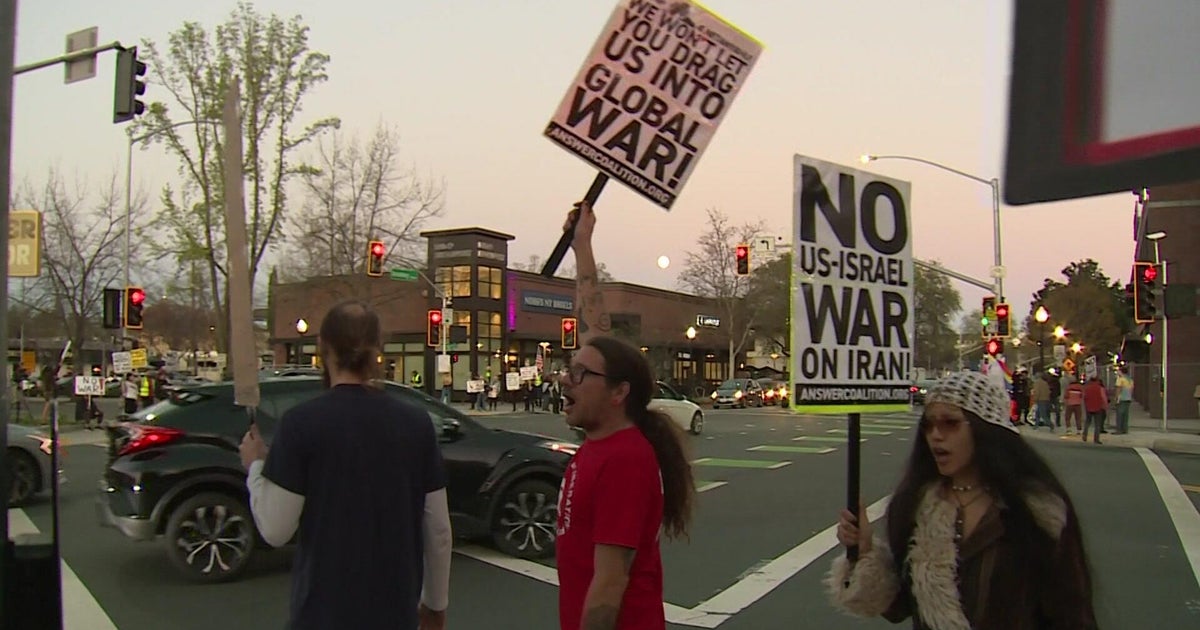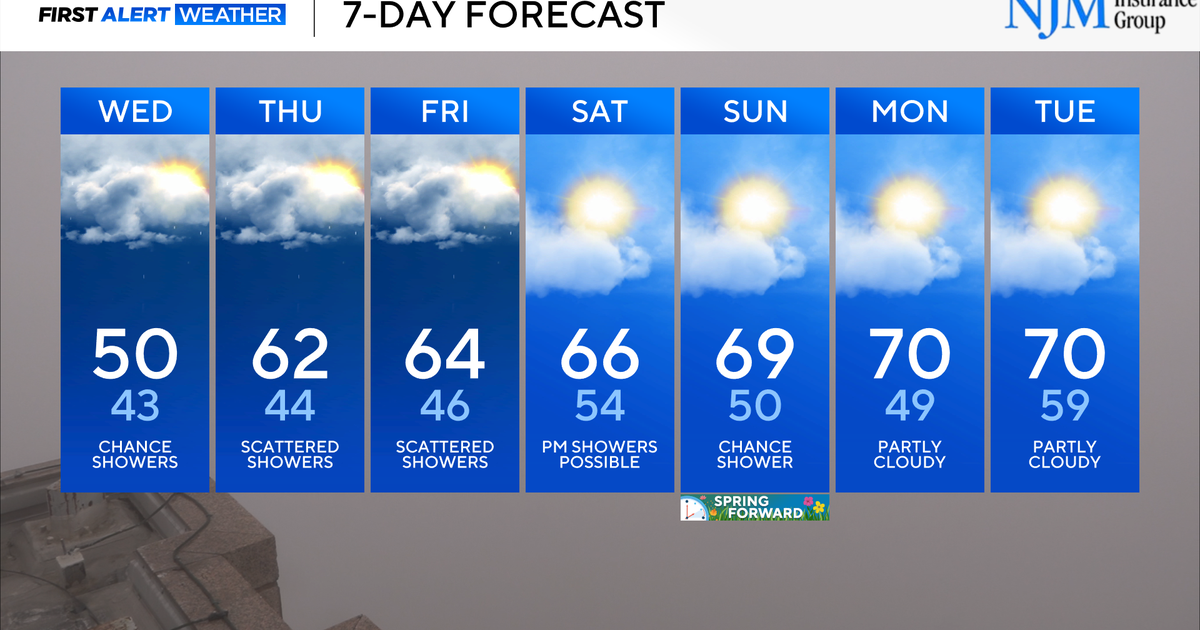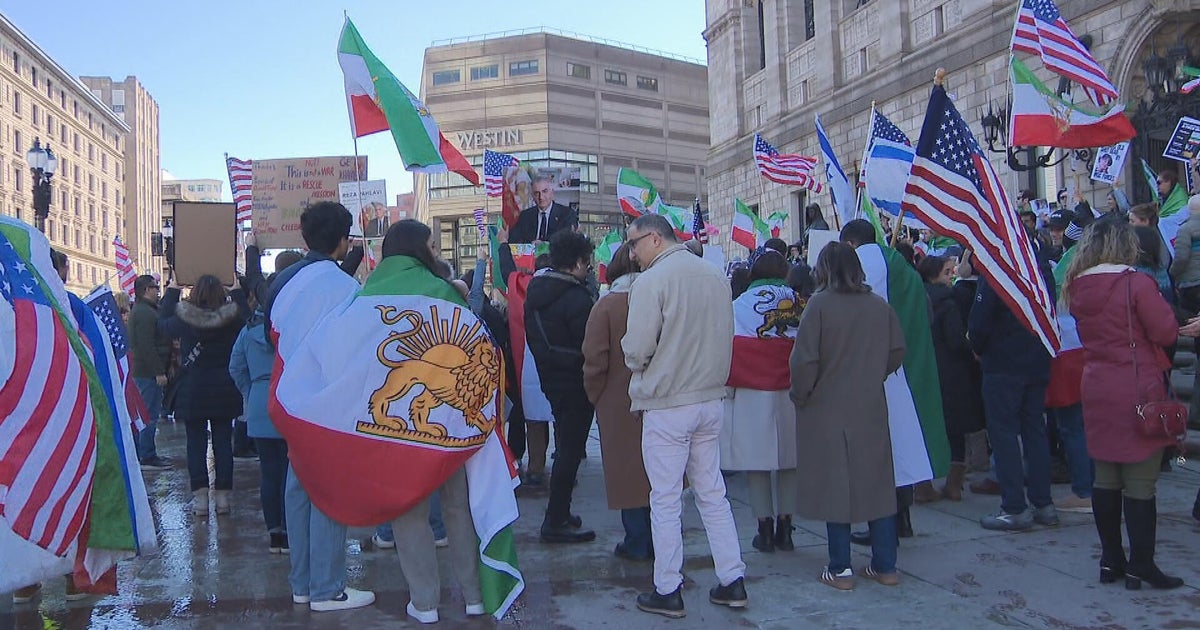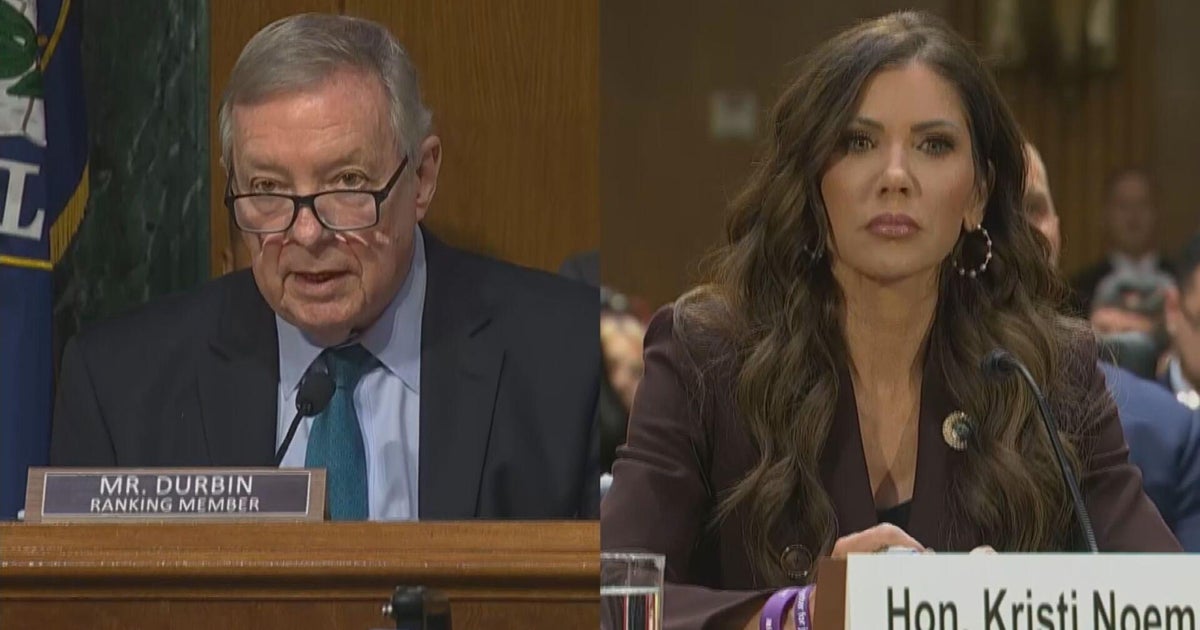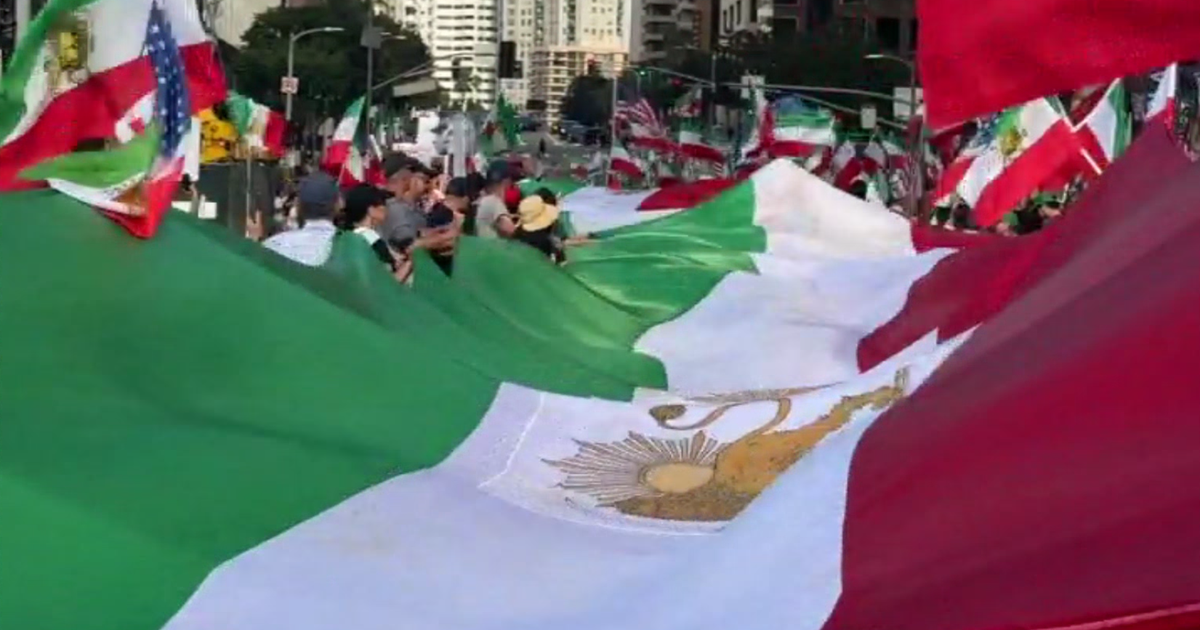Ku Klux Klan Plans Rally At Antietam National Battlefield
HAGERSTOWN, Md. (AP) -- A Maryland Ku Klux Klan group says it will hold a membership rally Saturday at the Antietam National Battlefield near Sharpsburg, where thousands died in a Civil War clash that set the stage for the Emancipation Proclamation.
The Rosedale-based Confederate White Knights oppose U.S. immigration policies and the administration of President Barack Obama, Imperial Wizard Richard Preston said Tuesday in a telephone interview. Preston said he expects to bring nine members, some in white robes and hoods, to the event.
The white separatist group received a permit last week to hold the gathering near the Mumma Farm, a battlefield feature visible from the visitor center, Superintendent Susan Trail said. The park implemented free-speech permits in 2006, the last time a Klan unit demonstrated on the battlefield.
"Under our laws and policies, and frankly under the First Amendment to the U.S. Constitution, all citizens have the right to speak freely and assemble peaceably on public lands such as national parks," Trail said. "Just because we agree or disagree, we can't decide who has the ability to speak out."
Washington County Sheriff Douglas Mullendore said battlefield officials have asked his agency to stand by Saturday with a transport vehicle in case of arrests.
Preston said he plans to submit paperwork to hold a similar rally next month at Gettysburg National Military Park in Pennsylvania.
A neo-Nazi group called the World Knights of the Ku Klux Klan held rallies at both battlefields in 2006. The group disbanded after its leader, Gordon Young, was charged with child sex abuse. He was acquitted of the charges in 2007.
The National Park Service is preparing to mark the 151st anniversary of the Battle of Antietam, also called the Battle of Sharpsburg, the bloodiest one-day clash of the War Between the States. Nearly 23,000 men were reported killed, wounded or missing in the dawn-to-dusk clash on Sept. 17, 1862, along the banks of Antietam Creek. President Abraham Lincoln viewed the ensuing Confederate retreat as divine approval for abolishing slavery. He issued the preliminary Emancipation Proclamation five days later.
(Copyright 2013 by The Associated Press. All Rights Reserved.)

